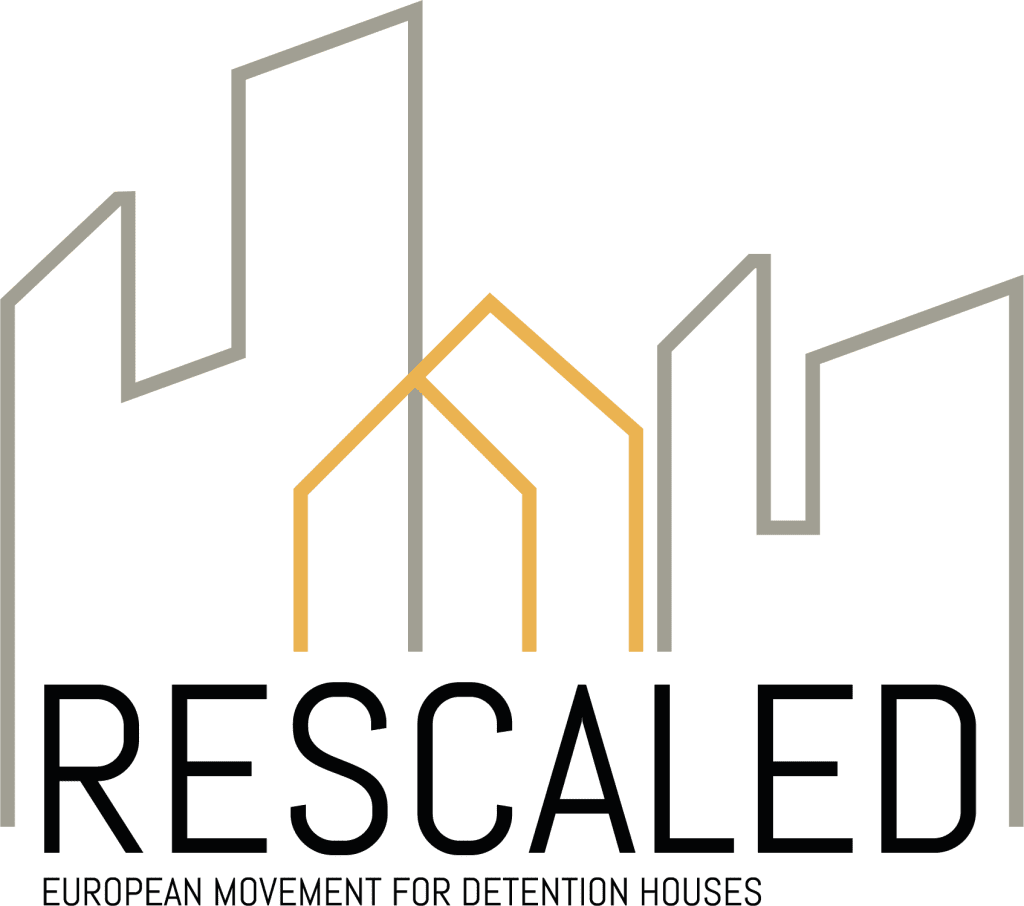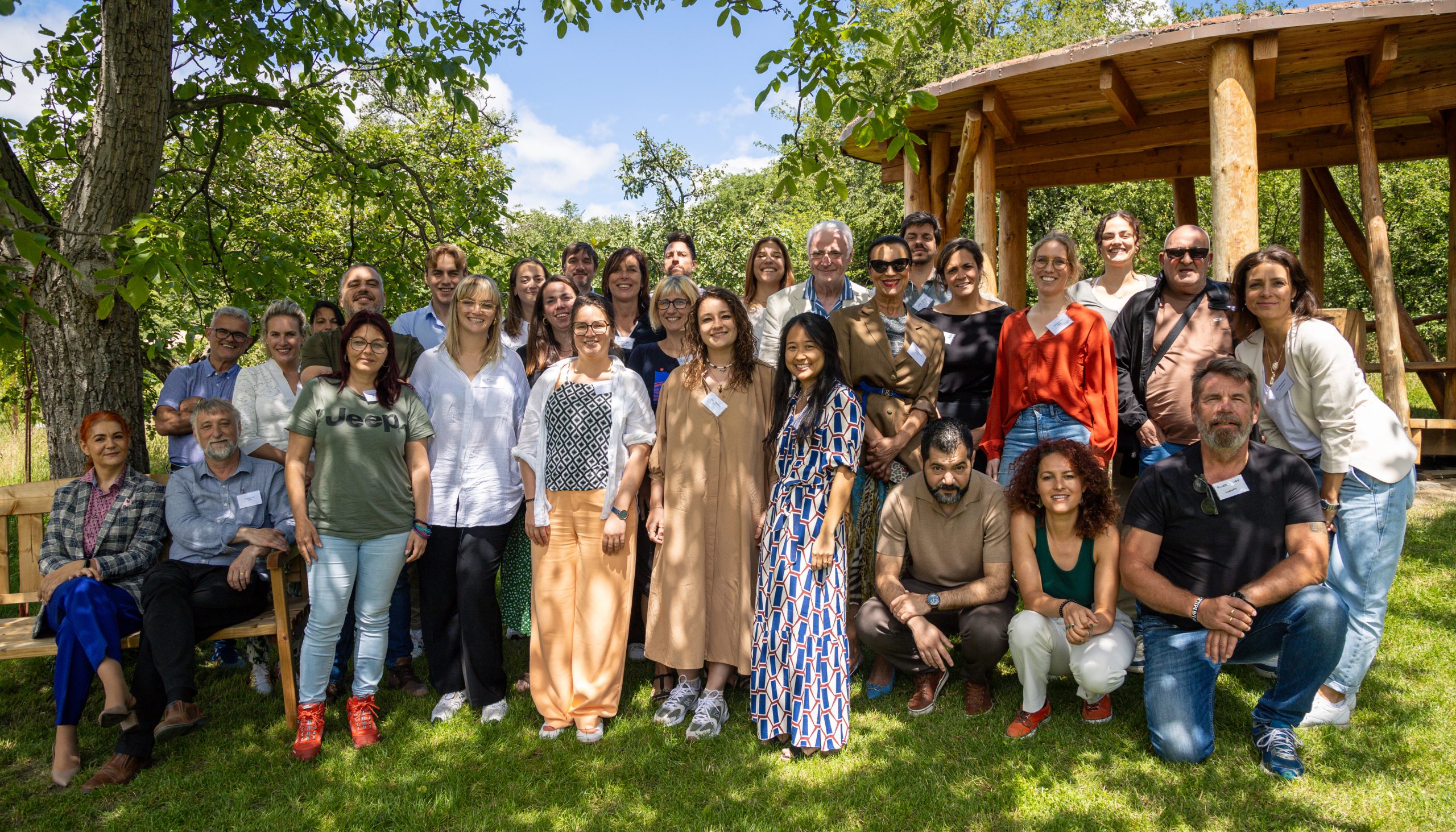It seems that we all have gained some experience in deprivation of liberty since the outbreak of COVID-19. It seems that on average we have become more empathetic for those, namely prisoners, who find themselves entirely in that kind of situation.
We like to call our lockdown our own (open air) prison. This comparison appeals to the imagination.
Organisations committed for many years now to helping prisoners are doing everything to strengthen their ambitions getting carried along on the unexpected waves of presumed empathy.
I admire the efforts of those organisations and chuckle about their shrewdness to try to make progress towards meaningful detention, mediation, probation and humanisation in these Covid-19 times. Prisoners deserve more attention. It is a real disgrace that prisoners are still held in overcrowded, often dilapidated prison facilities.
But anyone who seeks better treatment of prisoners within the existing concept of prison, however well intended, forgets that that prison itself is the reflection of values we are no longer defending.
And let’s be clear, we have reached the limit of individualisation; community building is what we should focus on in the future.
Alienation, megalomaniac ideas and bureaucracy keep the old system in place for the time being but the system is doomed to failure. Enforcement of sentences will finally evolve as well. The mega prison concept is the last revival of a model of society that is in fact untenable.
In future, therefore, enforcement of sentences will have to give shape to long-lasting relationships. Small-scale and community-integrated detention houses, together with a whole range of non-residential sentences, are an integral part of taking a long-term view.
We need to start working towards that future now. In fact, we have been doing this for quite a while. Probation, community service, electronic monitoring are sentencing options that try to maintain the social fabric of convicted persons.
But if imprisonment is needed, it must also give shape to all the fine principles that are already legally anchored in the meantime, but not yet put into practice.
And allow me to say the following: anyone who wants to give shape to meaningful, restorative and community building punishment through imprisonment must always add that this is almost impossible within a prison system.
That is why I urge all these people to also promote small-scale detention houses based on the RESCALED concept from now on.
Otherwise I suspect them of not thinking hard enough or feeling so tired from working that they are giving up, fearing the social reaction?
They just keep going around in circles but now is a good time to stop this.
Taking the lead, together with all the progressive penitentiary forces, we might succeed in achieving structural changes.
But not if we systematically keep quiet about the necessary structural redesign.





